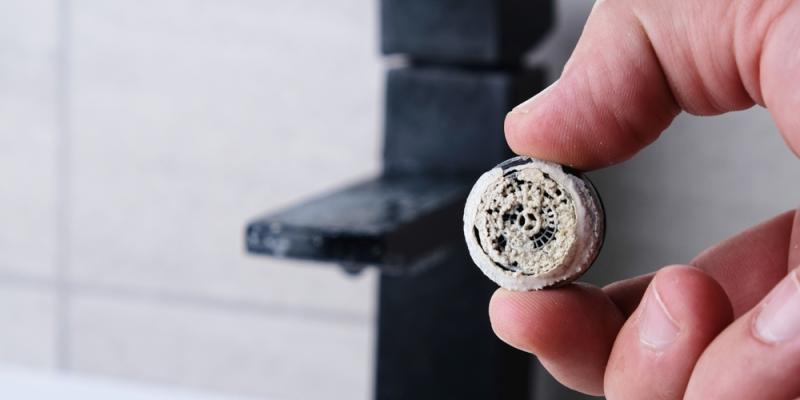Signs You Might Have Hard Water In Your Home
25 Apr 2025

Hard water is something that many households in the UK put up with without realising the dangers. It is important to know if you have hard or soft water, to see if you would benefit from a water softening system. So, what do you need to look out for?
There are some obvious signs to look out for in the taste of the water and any residue left behind. Hard drinking water naturally tastes chalky and often saltier. It can also leave mineral deposits and stains around your sinks, taps and showers.
The bigger unseen problem with these mineral deposits is the impact on your household appliances and plumbing. Limescale build-up can reduce the flow of water in the pipes and affect the efficiency of washing machines, dishwashers and boilers. This can lead to leaks and water pressure issues that are a plumbing nightmare. It might also lead to higher water bills. Hard water deposits destroy the heating elements, so you will have to replace your appliances more often.
Another factor to consider is the impact of the water on your skin. Do you or your family members struggle with dry and sensitive skin? Do you have problems with dry and brittle hair? Is it difficult to get soap and shampoo to lather up in the water? All of these could indicate hard water.
So, now you've established that there probably is hard water in your home, what should you do? The first step is to get a test done and see the exact level of water hardness you're dealing with. You can then look into getting a water softener installed to improve the situation. These water systems can reduce the levels of minerals in your water. Over time, this can help you restore your skin and hair health, reduce the impact of those mineral deposits, and maybe even save you money.
Water Softener Salt suppliers in London and South East England
Water Softener Salt Suppliers in South West England